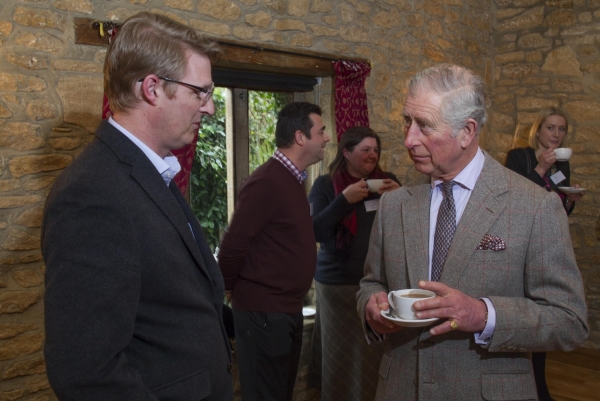A. Yes, there is. The Prescription Act of 1832 introduced the easement of Ancient Lights in English law. The easement basically said that if someone had been enjoying light through a window for a minimum period of 20 years, then they could effectively veto any attempt to build in front of it, if the new building diminished their light and caused them a nuisance. In other words, neighbours could not build anything that would block the light, without permission.
In fact, signs saying "Ancient Lights" can still be seen marking individual windows in places like London’s Chinatown and Covent Garden, particularly in narrow back alleyways.
This issue has as much relevance today, for developers hoping to build blocks of flats in areas of ordinary low-rise housing as well as for homeowners wanting extensions that block the light of neighbouring property.
However, defining exactly how much light can be obscured before the Ancient Light has been shaded to the point of being a nuisance is a subject of considerable debate. And the courts are less concerned with how much light has (or will) be lost, more whether the light remaining is sufficient for ‘comfortable enjoyment’ - if they consider that there is still enough light to live by, no matter how much darker it might be, they may well decide there is no case to answer.
Recent court cases have highlighted the importance of dealing with this issue as early as possible, since an injunction can be imposed on the transgressing party, even after a building has been completed. That’s because the standards used to prove an infringement of a person’s legal right to light are different to those used for planning purposes. So, the mere fact that a new building or a home extension has planning permission does not automatically protect the developer or homeowner from a subsequent legal claim. In theory, any new building infringing the easement would have to be reduced in height. However, in practice monetary compensation is generally more common.
So, if you’re planning an extension or addition to your property, take time out to check and double check if it will have an impact on the neighbour’s ‘right to light’.




Share this with
Email
Facebook
Messenger
Twitter
Pinterest
LinkedIn
Copy this link